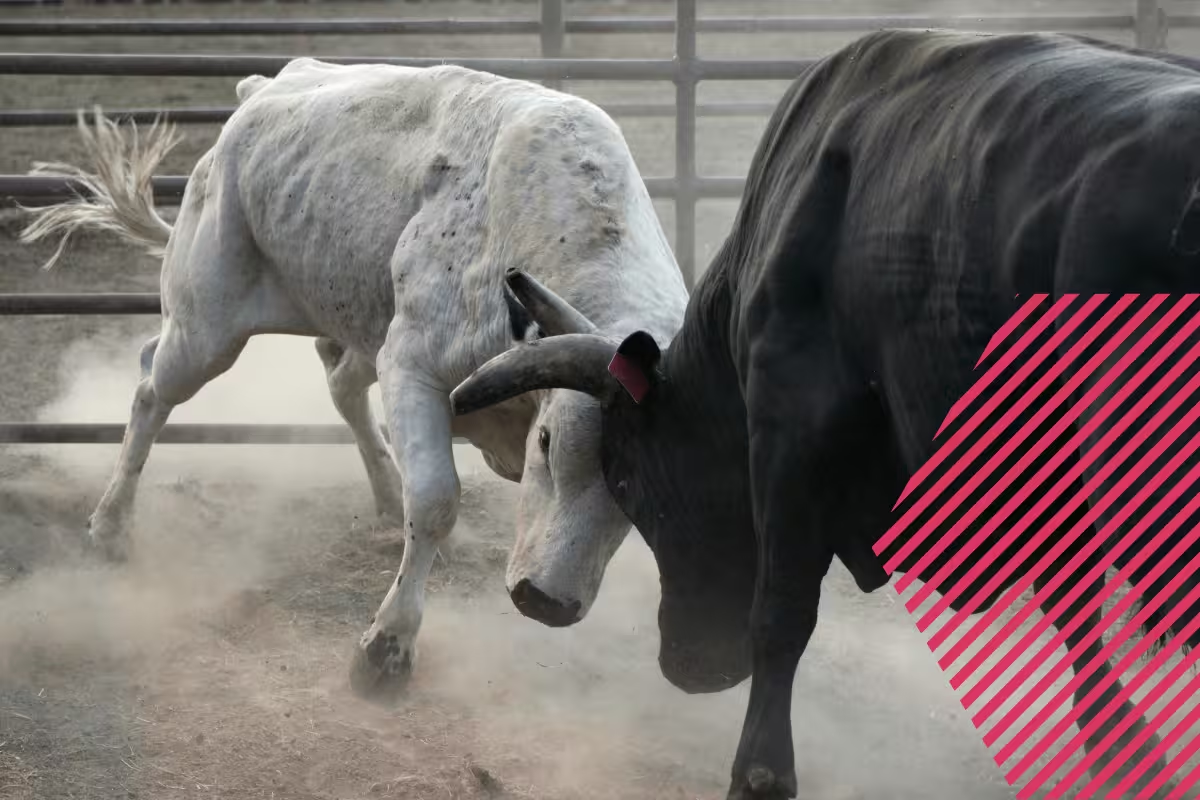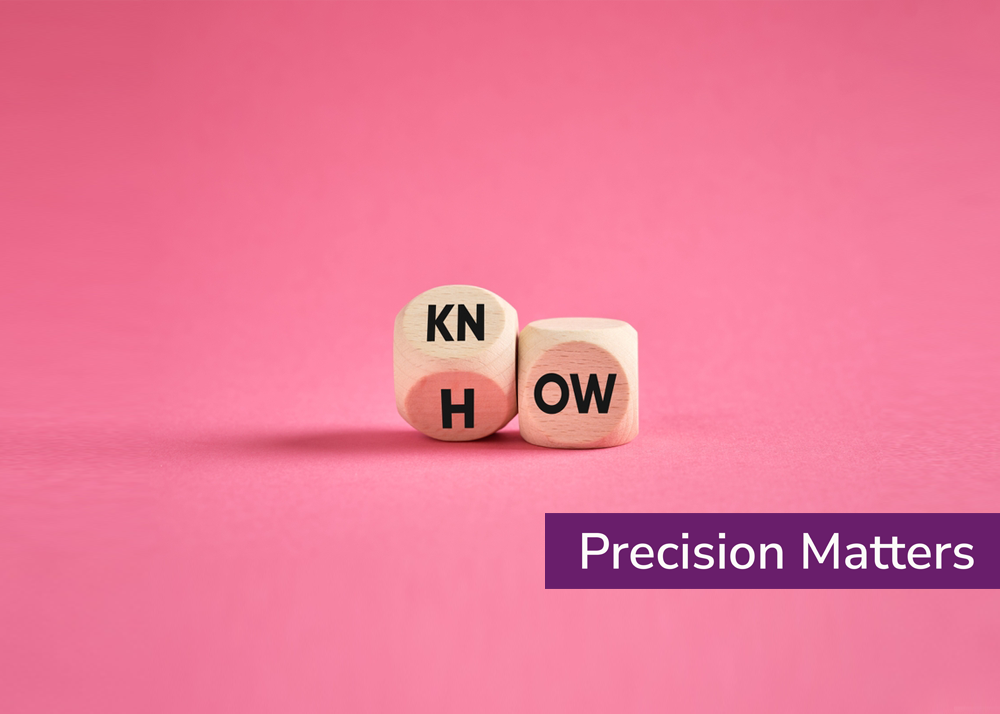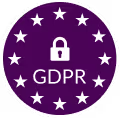Teamwork Skills
Teamwork skills are the abilities that enable employees to work together toward a common goal. They are a mix of soft skills that support the group’s efforts and make the most out of everyone’s contributions. Businesses looking to optimize how their teams interact must carefully customize their learning and development programs with these skills in mind.
What Are Teamwork Skills?
Strong teamwork skills enable employees to perform well within a group. These skills can be divided into two types:
- Personal skills, which are internally focused and allow the employee to take on an effective role within the team
- Affiliative skills, which are outwardly focused and promote cooperation
When talking about teamwork, soft skills are usually the dominant category–although hard skills can come into play (such as working with scheduling programs and writing reports).
Why Are Teamwork Skills in the Workplace Important?
Teamwork skills are necessary whenever more than two people are working together. Common activities that require teamwork, and which almost every employee encounters, include goal-setting, task division, and change management.
Even employees who operate independently need to work in groups at times. According to this study, the average employee spends over 11 hours per week in meetings. At larger companies, this average increases to almost 13 hours.
When this time is used properly, employees tend to understand more about their individual tasks, which increases productivity. In all, a significant percentage of employees across job levels rate teamwork as being important.
The Expansion of Teamwork
We can expect teamwork to become even more important in view of numerous workplace trends. Gallup states that an antidote for dropping engagement rates is teamwork, which also enhances trust, communication, and cooperation.
Various business practices are making teamwork a greater part of an employee’s working hours, for example, agile methodologies. Not every organization can use this approach, but it is definitely becoming more popular. According to the Agile Manifesto, teamwork is even more essential than ever before. The agile principle “individuals over processes and tools” is all about the value of cooperation, taking the initiative, and combining individual skills during a collaborative effort.
Developments connected to agile illustrate what might be the most valuable aspect of teams – they provide a clear opportunity for discussing conflict. Such communication allows coworkers to agree on what problems the team is having and immediately talk about solutions.
This is as opposed to non-teamwork setups where employees discuss their concerns with a manager, who might decide independently on how to proceed, and which eliminates the creative ability and the experiential insights of the team.
Teamwork Models
Both managers and HR professionals are involved in running effective teams. Particularly for large companies, this can be a difficult task. However, there are a number of models that can help you with recruiting teams and analyzing their performance.
Team Building
A well-functioning team isn’t made overnight. Instead, it starts with a foundation based on best practices and is adapted over time. Here are a few models that can assist with the building stage:
- GRPI – goals, roles, procedures, and interpersonal relationships. Before starting a team, it’s important to define these variables. For interpersonal relationships, the team should be composed of people who communicate well and trust each other.
- FSNP (forming-storming-norming-performing) describes what you can expect as a team works together and matures. The critical stages are storming, where people become familiar with each other; and norming, where a group identity grows and the team learns about the skills of individual members.
- Drexler/Sibbet states that effective teams are created by going through a certain process. This process optimizes communication essentially by clarifying the who, what, when, and how of any task. It also emphasizes the importance of recognizing achievements while making it advisable to dissolve a team if it is no longer useful.
Team Analysis
Even the teams that start off with great planning can have difficulties. To diagnose and fix a team that’s not functioning, there are a number of helpful models:
- T7 explains that there are seven factors that lead to a high-performance team, and when one or more of the factors is missing, remedial steps should be taken. These factors are thrust (a shared purpose); trust; talent; team cohesion; task execution abilities; team leader fit; and team support from the company.
- The Hackman model contends that troubled teams suffer when they lack at least one of five conditions, which are: team stability; a clear and engaging direction; an enabling structure; a supportive organizational context; and expert coaching.
- Google’s Project Aristotle has discovered that there are four factors that must exist for a team to deliver excellent performance: a feeling of safety that enables taking risks; a strict policy of submitting work on time and up to standard; a clear understanding of tasks and expectations; and a belief that the team’s efforts matter and are important to the organization. If any of these elements are missing, leaders need to fix them.
Best Practices for Building Teams
No matter which models you choose, there are a crucial set of ideas to keep in mind when staffing, developing, and implementing team-based activities. McKinsey Consulting believes that companies have a set of misconceptions about teams that hinder their effectiveness. To optimize their efforts, leaders need to change certain attitudes:
Talent
Some companies select high-performance employees from relevant departments when initiating a team operation. But what really counts are people who have the right talent niches to fit the goals of the team, and a mix of personalities that is as seamless as possible.
In actuality, McKinsey argues that “superstars” might have ego issues that get in the way of cooperation and productivity. Leaders must keep a close eye on the dynamics of a team and replace members who conflict, regardless of their reputation in their everyday role.
Behavior
Just as with companies, but on a larger scale, teams have an organizational culture. But is this culture working? McKinsey explains how teams often put emphasis on the wrong behavior, and often don’t know what behavior is most beneficial in the first place.
The remedy for this is to perform a “mini” skills gap analysis. By interviewing people on a team, you can discover what soft skills they think are important and how they individually stack up in terms of proficiency. You can compare the results to those of other, similar teams in case they have used a different set of skills in the past to reach a successful outcome.
Skill Specialization
The best practice connected to behavior begs the question, “isn’t there one set of generally productive team behaviors?” The answer is yes and no. McKinsey claims that all teams should display four critical abilities: trustworthiness, communication, creative thinking, and decision making.
However, they also found that there are different sorts of teams. For some, cooperation and strong individual abilities are both required for success, while in others, this is less important. The more interdependent and skill-driven teams are, the more need there is for additional types of behavior. These include the ability of the team as a whole to provide recognition, a feeling of commitment, a focus on goals, clearly defined roles, and a sense of belonging.
Teamwork Skills – Examples
When building or assessing a team, it’s likely that not everyone has the same number or level of related skills. For HR, making sure that groups have the abilities that they need for success will require an upskilling program. Although you should always perform your own skills gap analysis, there is a set of basic teamwork skills that are normally the focus of such programs. As mentioned above, teamwork skills can be described in terms of personal skills and affiliative skills:
Personal Skills
Organization and Planning Skills
Being a team player means keeping track of responsibilities. Properly recording tasks and organizing them into priorities is essential for doing one’s part.
Time Management
Closely related to planning is the issue of time management. This goes beyond putting tasks into a schedule. Ensuring that the task is completed on time must take into account competing activities, the length of time required to complete the job, and coordinating with the efforts of other team members. In addition, employees must be able to eliminate distractions, which can be a significant challenge.
Creative Thinking
The ability to examine a problem from different viewpoints is a skill that can be exercised by the individual even when outside of a group setting. When participating in teamwork, creative thinking allows each member to prepare different options before the team identifies the most valuable ones.
Affiliative Skills
Communication
Communication might be the most essential teamwork skill. A team can include coworkers, superiors, and subordinates. For a team to be successful, members should know how to deal appropriately with each of these groups. For example, a supervisor needs a different explanation of a challenge facing the department compared to a manufacturing worker. Employees should have a solid level of proficiency in the communicative styles (writing, public speaking, presentations) that are relevant to their position. Finally, every worker benefits from enhancing basic communication skills including speaking, listening, and responding.
Active Listening
We don’t always listen or respond to what people are saying, due to fatigue, lack of interest, or the content and manner of the speaker. In a teamwork setting, this is obviously a problem because it:
- Wastes the group’s time
- Can lead to missing a valuable point that the speaker is making
- Prevents the speaker from improving their abilities
Active listening resolves this. When using active listening methods, the audience should:
- Make sure they are concentrating on the speaker
- Demonstrate that they are paying attention through body language and verbal signals
- Ask probing questions in a constructive manner but save judgment for the end
- Provide helpful feedback to the speaker once the discussion is over
Critical Thinking
As a complementary skill to creative thinking, critical thinking allows the team to narrow down available choices. Teams with good critical thinking skills will recognize the value of ideas regardless of who presents them, and will also derive a result that is a combination of elements of the best approaches.
Professionalism
In any group effort, there can be a conflict between personalities and/or ideas. A professional will keep emotions out of the picture and focus on a constructive role, no matter what direction the team chooses or which people take the lead.
A Note on Problem-Solving
Problem-solving is an interesting skill that does not easily fit into either the affiliative or personal categories. Thinking up solutions to challenges can occur on an individual basis. But to generate the maximum number of ideas, working within a group is optimal.
Developing Teamwork Skills
The best way to improve any skill is by exercising it. However, because teamwork is dynamic and interactive, it is not always practical to depend on a member of the team to record steps, critique the process, and provide recommendations. This will interfere with the participation of the team member in the project itself.
Instead, an HR/L&D practitioner should take an objective role in observing the team at work and advising about areas for improvement.
Another option for developing important teamwork skills is the use of a coach. The archetype of a coach is a person who takes individual athletes and turns them into a team. Similarly, a teamwork coach can advise a company on how to bring out the greatest contribution from every team member and optimize their productivity.
Coaches are also desirable because they can define the shortcomings of the team in terms of skills. Then, at a later stage, coaches can improve those skills using customized L&D programs in which they serve as the expert.
The Importance of Personalization
One thing that a good coach, or any training expert, will want to know is how qualified a particular employee is at the skill they are seeking to improve. Nobody has zero communication skills, but assessment is vital for understanding what type of L&D course is needed.
Beyond that, workers have no interest in taking a course for a skill they already have. At a minimum, this would mean a waste of time, and that is already a reason why some employees skip learning and development. On the other hand, gauging individual workplace skills can identify the precise areas where employees, and the organization, are missing abilities.
The solution to these issues is a talent development platform based on personalization.
Talent Development for Teams
Getting the most from a team can be a challenge, but this is one area where the Growthspace precision skill development platform has found proven success. The process starts by defining the individual skill needs of each employee through a customized taxonomy. Then, by using matching algorithms to support soft skills training, Growthspace empowers L&D departments to strengthen their employees’ teamwork skills by matching them with the top trainers, mentors, and coaches in their field. Finally, with an optimized sprint-based lesson format, the Growthspace platform ensures that teamwork skills are brought up to speed to meet business goals.







